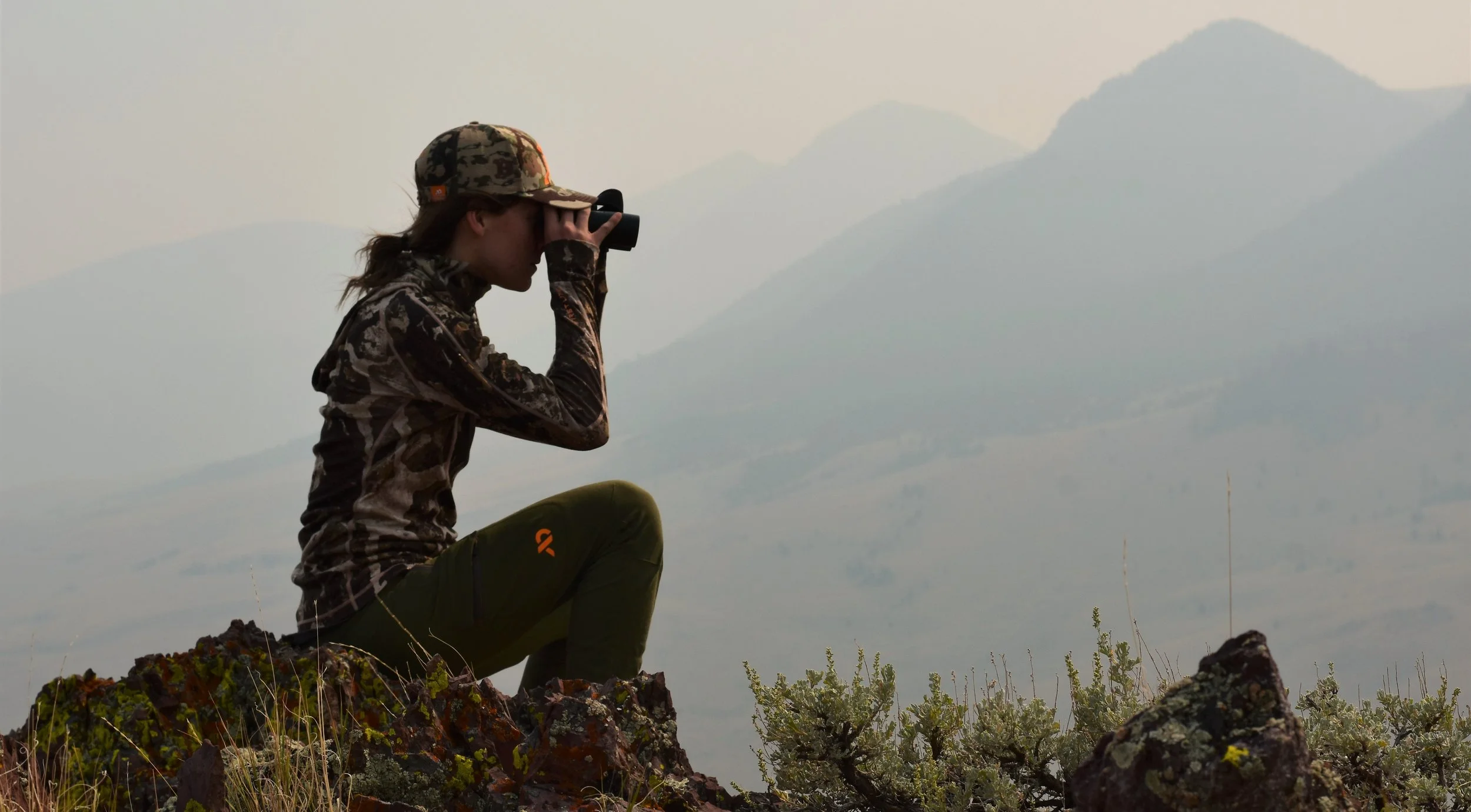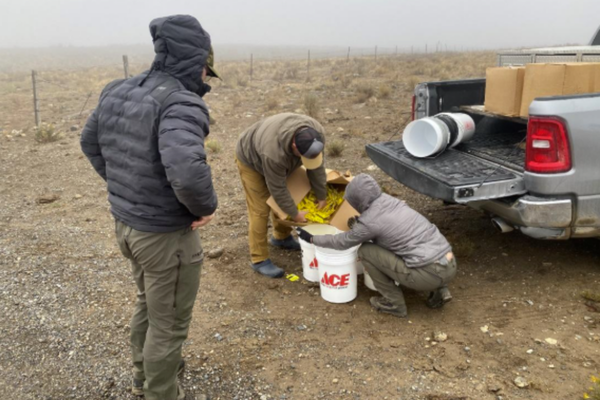What We’ve Learned About HB 658 in Committee Hearing and Beyond
Sportsmen don’t have a stake to argue with this bill, but they need our money to pay for it.
Tuesday, March 6 saw HB 658 (HB 536‘s resurrected form) got a hearing in the House Agriculture Affairs Committee. Testimonies were given by supporters and non-supporters, and broad ideas were debated. And some accusations were thrown in the mix. Download the video here to see it for yourself. It was another 4+ hour hearing, signifying the bill’s broad and confusing nature. Why was the most comprehensive proposal to change criminal trespass code put through the Ag committee and not Judiciary and Rules? Good question. Here is what we learned.
There is one thing all testimonies agreed on. Everyone wants to “give teeth” to the current trespass laws, strengthen them, create incentives to prevent trespassing. In our testimony we mentioned that honest sportsmen wouldn’t be affected with such measures. Bad apples are causing more landowners to shut their gates to good sportsmen. And this bill does answer some of those desires. Unfortunately, there were other things in the bill we simply can’t support.
The bill “criminalizes trivial, or benign behavior”. That is straight from the Idaho Sheriff’s Association testimony. They testified that the bill will be hard to enforce and put them in a bizarre, or uncomfortable position to respond to mundane or even unintentional behavior. The bill’s sponsor, Judy Boyle (R-Midvale), or rather the lawyer working with the group promoting this bill, was asked by confused committee members if things like a Frisbee flying into another’s yard, or dust crossing property lines would be considered trespassing if this bill becomes law. The lawyer gave an evasive response but eventually conceded those activities could be criminalized. That response may have surprised and concerned those lawmakers, but they later voted for the bill anyway.
Only three lawmakers (Erpelding, Toone, Armstrong) seemed to mind the one-way fee shift provision. The bill allows for landowners to sue a recreationist they perceive as a trespasser. If found liable the guilty party will pay the landowner their attorney fees, treble damages or a civil fine, and what appear to be unlimited “investigative costs”. However, if the recreationist pays to defend themselves and is found not liable, the recreationist is provided no compensation. That means, a landowner with plenty of wealth can sue anyone into bankruptcy even if that person is innocent. This provision will pave the way for harassment via lawsuit, especially for those recreationists that use public lands near private property. Very rarely is a one-way fee provision existent in civil suits, and it sets a very dangerous, unfair, and irresponsible precedent.
Three lawmakers (Erpelding, Toone, Armstrong) thought sportsmen dollars were being misappropriated to implement this law that has nothing to do with wildlife, sportsmen opportunity. IWF testified that sportsmen pay for licenses and tags, and excise taxes on firearms and ammunition (Pittman-Robertson) and fishing equipment (Dingell-Johnson) to explicitly fund wildlife management and sportsmen access. Furthermore, sportsmen are not the only recreationists, nor are they the only trespassers, so why should they solely foot the bill? We posed that question to the committee and we were met with silence. Let’s be frank- if any other fund was used to pay for this law the bill would be dead on arrival. Having the sportsmen coffer fund this bill helps make it digestible to other interests.
Rep. Christy Zito (R-Hammett) said that landowners pay taxes, insurance, and make improvements to their land, and asked why sportsmen should have any stake in trespass issues at all. Ironically, she appears to have no problem with sportsmen paying for what amounts to private security guards, or for things like private land crop loss to wildlife, landowner fencing, predator control to protect private cattle, feed used to lure wildlife away from private crops.
Marking property is optional, and overly vague. As with the original HB 536, corners and entry ways must still be posted, but many properties either have no entry ways and/or the corners are miles apart. This provision may actually make trespassing harder to enforce, fulfilling the opposite of the bill’s intention- a problem easily avoided had the bill been created in collaboration.
And now, this really bizarre “organization” has popped up out of nowhere making commercials to curry support for the bill. The “Idaho Property Rights Coalition” is a single webpage with no sponsor or author. It is not registered to lobby with the Secretary of State, which is illegal. They also spent some real money paying for a commercial to convince you to support HB 658, by showing trespassing activity that is already illegal and covered in Idaho code. The commercial implies that the behavior shown – hippies camping in your front yard and an angler fishing in your backyard pool – isn’t already illegal and HB 658 will fix that. We looked up the source of that domain name, and we found an address from a server in Toronto, Canada directing us to contact “Privacy Inc. Customer.” Either Canadians are funding the passage of this bill or the creators of the website are deeply concerned with preserving their anonymity.
The new Attorney General’s Opinion says the bill could “result in absurd requests” for attorneys fees and investigatory costs. This hints at a previous mention that this bill will allow frivolous lawsuits and could drive people guilty of “benign behavior” into bankruptcy (Sheriffs Association) with absurd compensation requests by the landowner (Attorney General). Or, if an accused party is found not liable, you can still go bankrupt!




